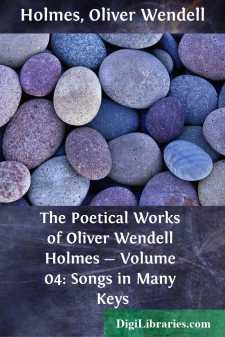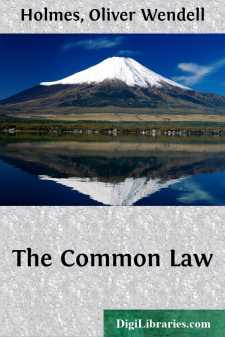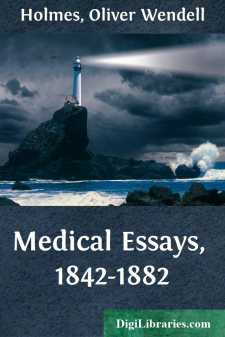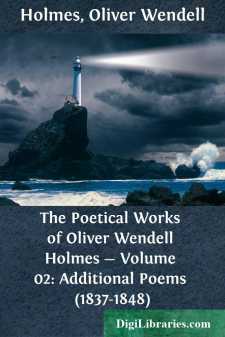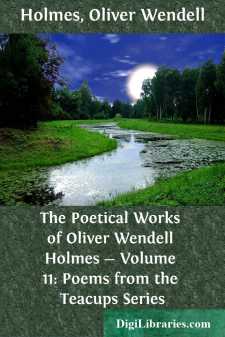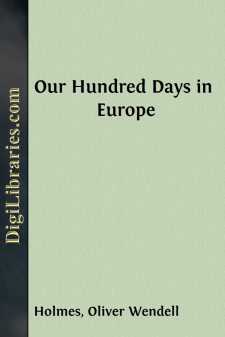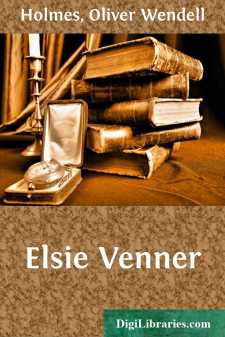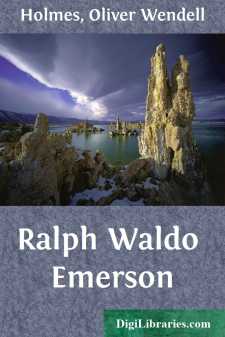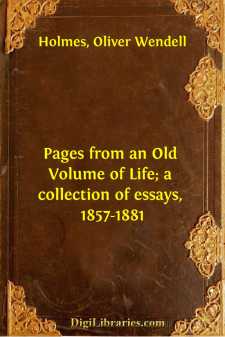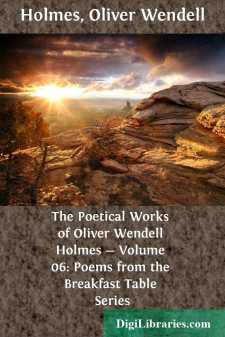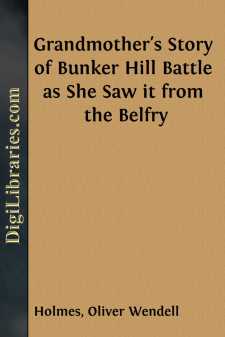Categories
- Antiques & Collectibles 13
- Architecture 36
- Art 48
- Bibles 22
- Biography & Autobiography 813
- Body, Mind & Spirit 142
- Business & Economics 28
- Children's Books 15
- Children's Fiction 12
- Computers 4
- Cooking 94
- Crafts & Hobbies 4
- Drama 346
- Education 46
- Family & Relationships 57
- Fiction 11829
- Games 19
- Gardening 17
- Health & Fitness 34
- History 1377
- House & Home 1
- Humor 147
- Juvenile Fiction 1873
- Juvenile Nonfiction 202
- Language Arts & Disciplines 88
- Law 16
- Literary Collections 686
- Literary Criticism 179
- Mathematics 13
- Medical 41
- Music 40
- Nature 179
- Non-Classifiable 1768
- Performing Arts 7
- Periodicals 1453
- Philosophy 64
- Photography 2
- Poetry 896
- Political Science 203
- Psychology 42
- Reference 154
- Religion 513
- Science 126
- Self-Help 84
- Social Science 81
- Sports & Recreation 34
- Study Aids 3
- Technology & Engineering 59
- Transportation 23
- Travel 463
- True Crime 29
The Poetical Works of Oliver Wendell Holmes - Volume 04: Songs in Many Keys
Description:
Excerpt
THE piping of our slender, peaceful reeds
Whispers uncared for while the trumpets bray;
Song is thin air; our hearts' exulting play
Beats time but to the tread of marching deeds,
Following the mighty van that Freedom leads,
Her glorious standard flaming to the day!
The crimsoned pavement where a hero bleeds
Breathes nobler lessons than the poet's lay.
Strong arms, broad breasts, brave hearts, are better worth
Than strains that sing the ravished echoes dumb.
Hark! 't is the loud reverberating drum
Rolls o'er the prairied West, the rock-bound North
The myriad-handed Future stretches forth
Its shadowy palms. Behold, we come,—we come!
Turn o'er these idle leaves. Such toys as these
Were not unsought for, as, in languid dreams,
We lay beside our lotus-feeding streams,
And nursed our fancies in forgetful ease.
It matters little if they pall or please,
Dropping untimely, while the sudden gleams
Glare from the mustering clouds whose blackness seems
Too swollen to hold its lightning from the trees.
Yet, in some lull of passion, when at last
These calm revolving moons that come and go—
Turning our months to years, they creep so slow—
Have brought us rest, the not unwelcome past
May flutter to thee through these leaflets, cast
On the wild winds that all around us blow.
May 1, 1861.
AGNES
The story of Sir Harry Frankland and Agnes Surriage is told in the ballad with a very strict adhesion to the facts. These were obtained from information afforded me by the Rev. Mr. Webster, of Hopkinton, in company with whom I visited the Frankland Mansion in that town, then standing; from a very interesting Memoir, by the Rev. Elias Nason, of Medford; and from the manuscript diary of Sir Harry, or more properly Sir Charles Henry Frankland, now in the library of the Massachusetts Historical Society.
At the time of the visit referred to, old Julia was living, and on our return we called at the house where she resided.—[She was living June 10, 1861, when this ballad was published]—Her account is little more than paraphrased in the poem. If the incidents are treated with a certain liberality at the close of the fifth part, the essential fact that Agnes rescued Sir Harry from the ruins after the earthquake, and their subsequent marriage as related, may be accepted as literal truth. So with regard to most of the trifling details which are given; they are taken from the record. It is greatly to be regretted that the Frankland Mansion no longer exists. It was accidentally burned on the 23d of January, 1858, a year or two after the first sketch of this ballad was written. A visit to it was like stepping out of the century into the years before the Revolution. A new house, similar in plan and arrangements to the old one, has been built upon its site, and the terraces, the clump of box, and the lilacs doubtless remain to bear witness to the truth of this story.
The story, which I have told literally in rhyme, has been made the subject of a carefully studied and interesting romance by Mr. E. L. Bynner.
PART FIRST
THE KNIGHT
THE tale I tell is gospel true,
As all the bookmen know,
And pilgrims who have strayed to view
The wrecks still left to show.
The old, old story,—fair, and young,
And fond,—and not too wise,—
That matrons tell, with sharpened tongue,
To maids with downcast eyes.
Ah! maidens err and matrons warn
Beneath the coldest sky;
Love lurks amid the tasselled corn
As in the bearded rye!
But who would dream our sober sires
Had learned the old world's ways,
And warmed their hearths with lawless fires
In Shirley's homespun days?
'T is like some poet's pictured trance
His idle rhymes recite,—
This old New England-born romance
Of Agnes and the Knight;
Yet, known to all the country round,
Their home is standing still,
Between Wachusett's lonely mound
And Shawmut's threefold hill....


